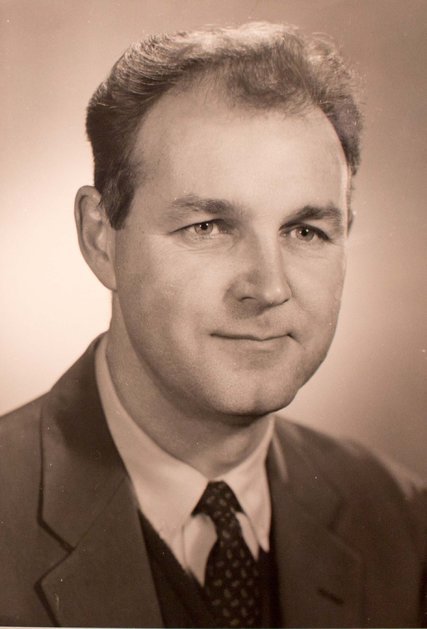Beginning in the mid-1960s, Professor Dowd struggled to unify the fractious antiwar movement behind marathon campus teach-ins and debates, civil disobedience and nonviolent public protests. (He told The Boston Globe in 1970 that leftist bomb-throwers were serious, committed and desperate people who had “given up the idea that a movement can get anyplace without violence.”)
He repeatedly reminded students that universities were not isolated havens but “an integral and functioning part of an American socio-economic-military system,” and he argued that some radical groups had failed because they never ventured beyond the college gates to confront the real world.
“You can’t fight imperialism on campus, you can’t fight racism on campus,” Professor Dowd said. “You can only fight their manifestations.”
The role of the university, he wrote in an Op-Ed article in The New York Times in 1971, is to become a place where “re-examination, uncertainty, change and conflict become an integral part of what is studied.”
He mentored budding academicians and dissidents, including Daniel Ellsberg, the military analyst who delivered to The Times a secret government history of the Vietnam War, which became known as the Pentagon Papers after it was published in 1971.

“As I could say also of Noam Chomsky and Howard Zinn,” Mr. Ellsberg wrote in 2004, “there’s no one in my life from whom I’ve learned more than my friend and mentor Douglas Dowd.”
Bruce Dancis, Professor Dowd’s friend and former student and the author of “Resister: A Story of Protest and Prison During the Vietnam War” (2013), recalled in an interview: “Doug opened up new ideas of looking at the world, of not accepting the established order as the way things had to remain. He was dealing with people half his age, and we must have made plenty of mistakes that made him cringe, but he was never condescending.”
Advertisement
Continue reading the main story
Douglas Fitzgerald Dowd was born in San Francisco on Dec. 7, 1919, to Mervyn Dowd, a lawyer, and the former Sybil Seid.
Newsletter Sign Up
Continue reading the main story
Thank you for subscribing.
An error has occurred. Please try again later.
You are already subscribed to this email.
He graduated with a bachelor’s degree in economics from the University of California, Berkeley, in 1949 and later earned a doctorate there.
In addition to his wife, he is survived by two children, Jeff and Jenny Dowd, from his marriage to Zirel Druskin, which ended in divorce; and two grandchildren.
He joined the Cornell faculty in 1953 and taught there through 1970, serving as chairman of the economics department. He also taught at San Jose State University, the University of California, at Berkeley and at Santa Cruz, and, in Italy, the University of Modena and the Johns Hopkins University School of Advanced International Studies Bologna Center.
He ventured into electoral politics briefly in 1968 when he reluctantly agreed to be nominated in New York for vice president,as Eldridge Cleaver’s running mate, by the Peace and Freedom Party, a loose coalition of radical leftists and Black Panthers. He agreed to join the ticket, he said, only to thwart the nomination of Jerry Rubin, the Yippie leader whom Professor Dowd considered a publicity hound prone to violence. (Because of several election law twists, though, he and Mr. Cleaver never made it onto the ballot.)
In 1970, Professor Dowd, as co-chairman of the New Mobilization Committee to End the War in Vietnam, joined Professor Chomsky (like Professor Zinn, a historian and social critic) and other antiwar spokesmen on a visit to North Vietnam.
Later that year, the House Internal Security Committee identified Professor Dowd as one of 65 “radical and/or revolutionary” campus speakers.
In his “U.S. Capitalist Development Since 1776: Of, by and for Which People?” (1993), Professor Dowd wrote that capitalism requires expansion and exploitation. He suggested that the Cold War was less a necessary response to contain communism than a strategy to spread capitalism.
“Well before World War I, the philosopher William James, apprehensive of what lay ahead, said, ‘We must find the moral equivalent of war’ to give unity and direction to our society,” Professor Dowd wrote. “Now we must find the moral equivalent of cold war.”
Continue reading the main story
Article source: https://www.nytimes.com/2017/09/13/us/politics/douglas-dowd-97-antiwar-activist-and-critic-of-capitalism-is-dead.html?partner=rss&emc=rss
Speak Your Mind
You must be logged in to post a comment.